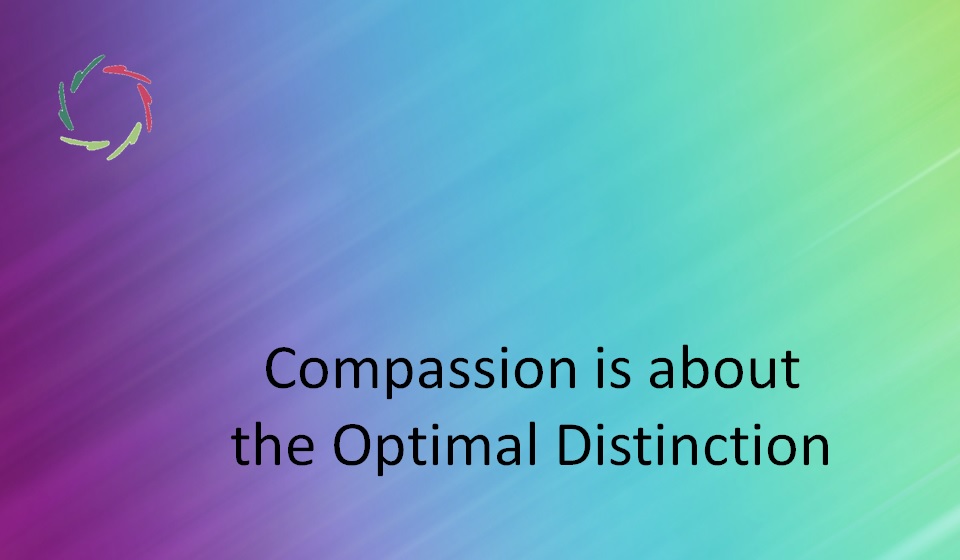Growth, Compassion, Love

With capitals, for it is about the total person, including a vast universe of unconscious processing. It’s altogether a familiar, yet tremendous domain.
[see first: ‘Landscape of Empathy’]. Please especially look at the image there before your read this present text.
Dedicated lexicon:
- Growth: developing qualitative mental patterns at the subconceptual level, of which the results may appear into consciousness as ‘insights’ or general wisdom.
- Compassion: growing from within the boat. It is your ‘lifeboat’ to which you can always return.
- Love: ‘becoming the stream’. Note that this is very different from emotional contagion (see image).
‘Becoming the stream’: Love = mysticism.
Please do not form an opinion before delving deeply into mysticism. And then even more deeply, surpassing ‘mere ego’!
In this, as in this whole text, Love is not about a comfortable, pinky feeling. Indeed, one gets it for free, but it can go far. It can be very demanding.
Buddhism
is not the only tradition with relevant things to say about this. Yet interestingly, present Buddhism (of the last +/- 2.300 years) is oriented towards a transition from Compassion to Love. Its focus still lies on Compassion (Avalokiteshvara, Guan Yin… as well as the Buddha Shakyamuni). The next one is literally ‘Buddha Maitreya’ = of Love, quite in the sense of this text.
What Buddhists do in meditation, is all in all a striving towards ‘realizing the next Buddha’. Isn’t this one big surge towards Love?
Wonderful!
Thus, one can see in Love a future… or the future indeed, according to Buddhism (and Islam, and Christianity, and every other great tradition)… of which at present we get glimpses.
In the East ― in the West ― in ANY kind of circumstance.
Becoming the stream.
You look at mountains and you become mountains.
You look at your emotions and you become emotions.
You look at the stream and you become stream.
You don’t lose yourself. You are not swept away by the stream. You become stronger and stronger. The direction is towards the sea.
Then you become sea.
Still growing.
Compassion and Love are about overlapping (performed through very complex ‘systems’ such as humans) at the level of totality.
Love is not just ‘a kind of Compassion’. It is essentially more daring.
It lets go of the ‘lifeboat’. In this manner, on the way towards the sea, the boat stays behind.
Love is also daring to be Lonely.
[see: ‘The Difference between Being Alone and Being Lonely’]
Compassion can in principle be very much ‘alone’. Think: on top of a mountain, in a hermit’s cabin… This can also feel lonely, yet in a transition towards Love, there is a new kind of willingness involved to confront true Loneliness if need be.
This doesn’t mean that it always needs to be. Far from! However, Love doesn’t run from feeling Loneliness within its core.
This is:
Love is unconditional.


